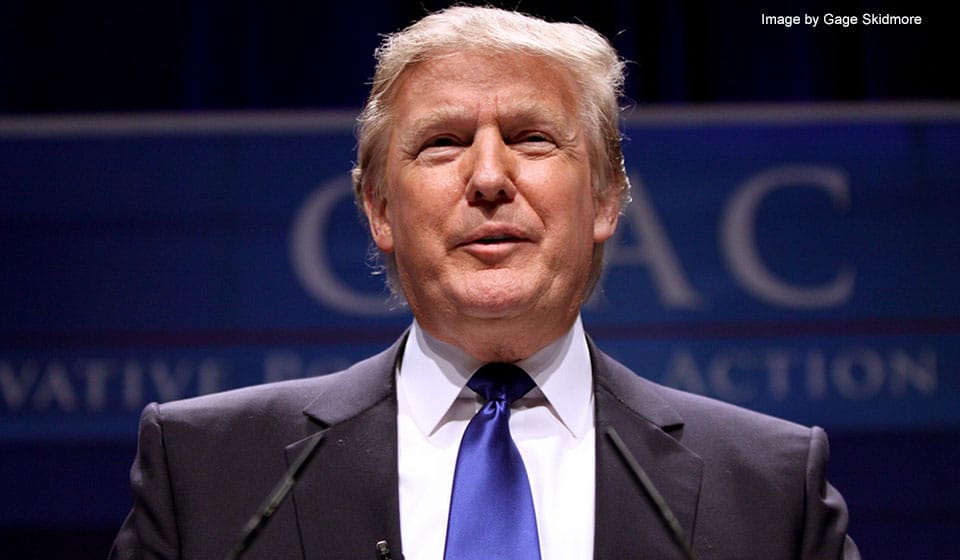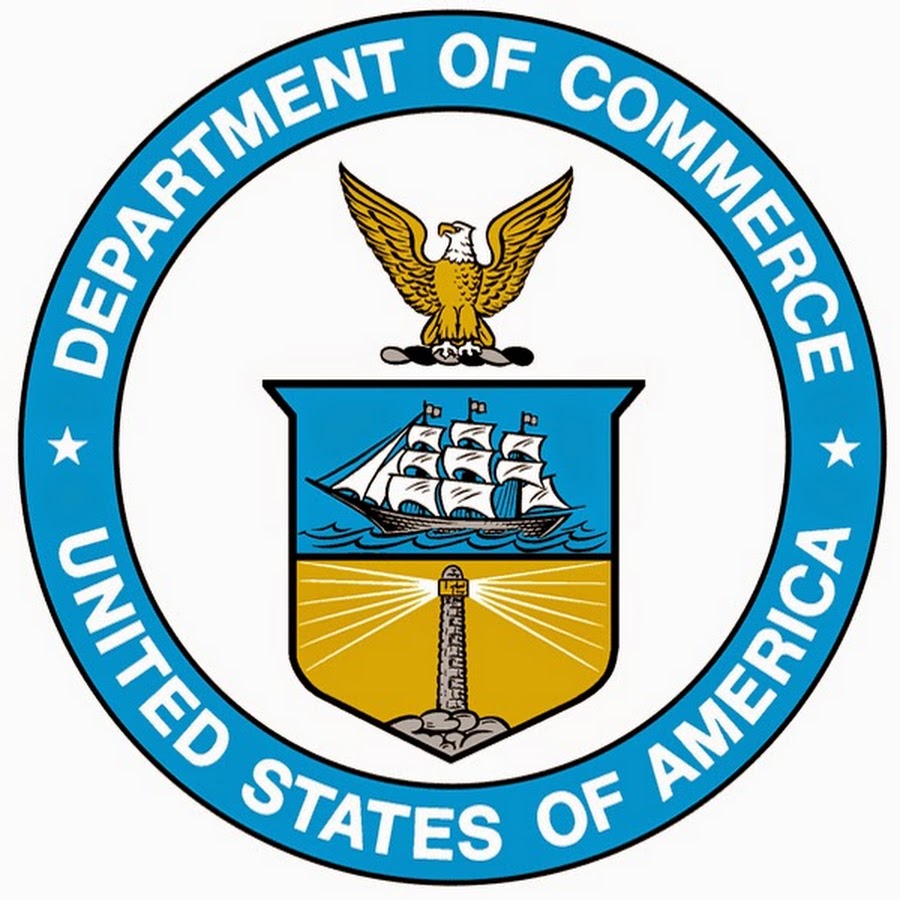New Rules Against Chinese Products, Telegram and Violence, Trump’s Overlooked Impact on Tech
January 19, 2021—The U.S. Department of Commerce issued a new rule on Thursday, following up on Executive Order 13873, concerned with “Securing Information and Communication Technology and Services Supply Chain.” This rule will further the protection of U.S. citizens’ data and personal information a

January 19, 2021—The U.S. Department of Commerce issued a new rule on Thursday, following up on Executive Order 13873, concerned with “Securing Information and Communication Technology and Services Supply Chain.”
This rule will further the protection of U.S. citizens’ data and personal information and identifies six foreign governments considered foreign adversaries: China, Russia, Iran, North Korea, Cuba, and Venezuela.
On May 15, 2019, President Donald Trump issued E.O. 13873, which grants the Secretary of Commerce the authority to prohibit certain ICTS Transactions that have been “designed, developed, manufactured, or supplied by persons owned by, controlled by, or subject to the jurisdiction or direction of foreign adversaries” and that pose an undue or unacceptable risk to the national security of the United States.

White House officials said the rule does not prohibit technology or ban imports, but it creates cause for investigation into suspicious transactions and allows the Secretary of Commerce to block or prohibit certain transactions.
This rule allows investigations on specific technologic subjects, such as applications and computer services that host data, share a large number of features and personal information, and are used by more than 1 million people, said the officials. One popular example that may affect the population is TikTok.
The new rule is effective 60 days from its publication, allowing the Department to identify and regulate national security concerns.
Due to the timing of the establishment of the new rule, it will be up to the administration of President-elect Joe Biden to move forward with it.
Telegram shuts down hundreds of public calls for violence
This Monday, Telegram’s founder Pavel Durov said his application service had to take down dozens of channels over the course of the last day, citing concerns that the accounts were inciting violence.
In a public post, he wrote “Telegram welcomes peaceful debate and protest, but our Terms of Service explicitly prohibit distributing public calls to violence.”
Durov said that “the team acted decisively by clamping down on U.S. channels that advocated violence. Thanks to these efforts, last week our moderators blocked and shut down hundreds of public calls for violence that could’ve otherwise reached tens of thousands of subscribers.”
Telegram and other platforms have recently seen enormous increases in violent threats on networks, in light of upcoming political events.
This term of service has been enforced in other countries where Telegram has large customer bases and the company has previously expressed that: “Сivil movements all over the world rely on Telegram in order to stand up for human rights, without resorting to inflicting harm.”
Some have critiqued Durov’s post for failing to discuss the encryption feature on Telegram that protects user’s conversations from outside access. The feature has lately raised conversations surrounding how efficient it can be, and further, what the regulatory lines are that protect user’s privacy.
Three overlooked impacts President Trump has had on technology
Many will remember President Donald Trump for his controversial Twitter posts, but the Republican president has made some changes in the technology field that may have a long-term effect.
Ban on Chinese drones
Trump imposed a near-ban on government use of Chinese drones, after a warning from the Department of Defense, Homeland Security and Justice, and the Interior Department. He stopped all use of non-emergency Chinese made drones, citing national security concerns related to espionage.
The Commerce Department placed a trade blacklist with the world’s largest civilian drone manufacture Shenzhen DJI Sciences and Technologies, that directly impacted the company’s relationship with Microsoft and PrecisionHawk. This action caused further restrictions on the use of Chinese-made technology.
Action against robocalls
For many years, the American population has been plagued by calls made by robots, while little has been done by the federal government to change. During his term, Trump succeeded in working with Congress to change the overbearing presence of robocalls.
At the end of 2019, Trump signed a law crafted to ensure phone companies install technology that ensures calls are authentic, which further strengthened the federal government’s enforcement powers. The responsibility to work with state lawyers, in creating fines and controlling these unwanted calls, has since been passed on to Federal Communications Commission Chairman Ajit Pai.
Dominance and power of tech giants
The growth and power of social media platforms and other tech companies has caused much concern to both political parties. The influence of tech giants, such as Google, Amazon, and Facebook, have over the population has caused two antitrust agencies, the Federal Trade Commission and the Department of Justice to take action, requiring some formal, governmental regulation of their services.
Recently, the Federal Trade Commission under Chair Joe Simons, who was appointed by Trump, filed a lawsuit against Facebook.









Member discussion